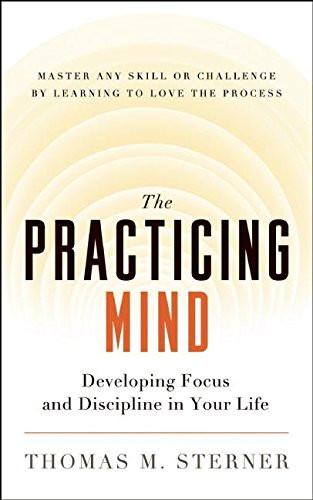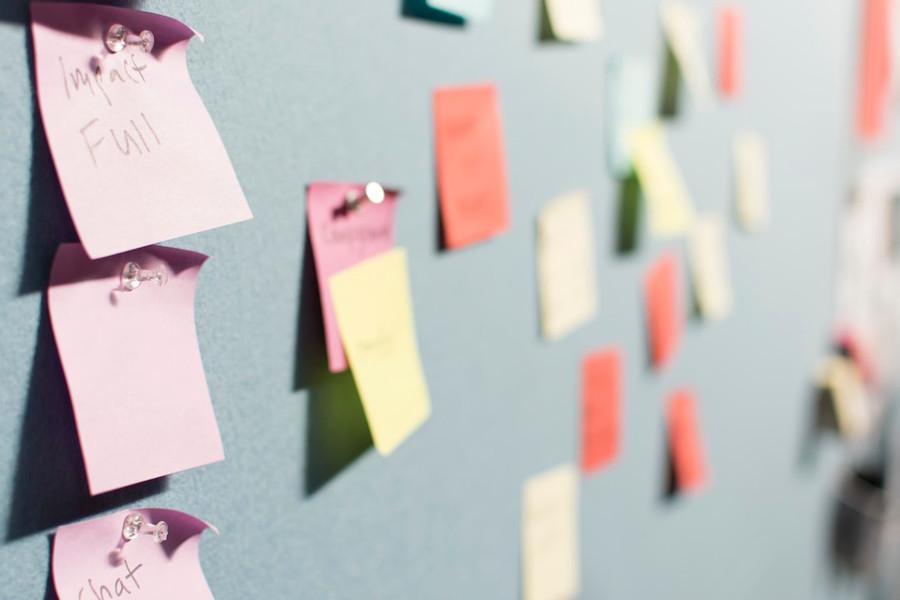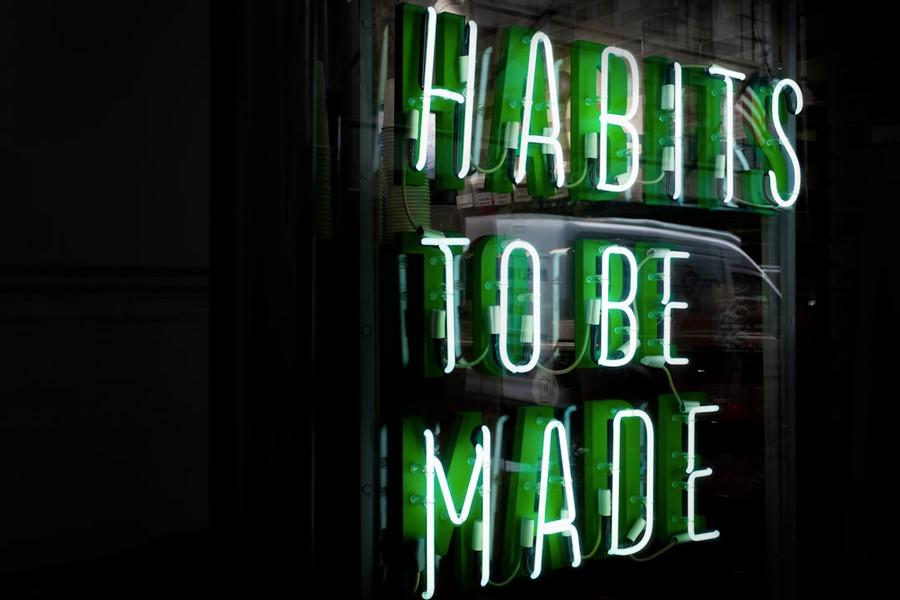Kunjesh 's Key Ideas from The Practicing Mind
by Thomas M. Sterner
Ideas, facts & insights covering these topics:
14 ideas
·19.8K reads
124
1
Explore the World's Best Ideas
Join today and uncover 100+ curated journeys from 50+ topics. Unlock access to our mobile app with extensive features.
The Learning Begins
- If you are not in control of your thoughts, then you are not in control of yourself.
- Without self-control, you have no real power, regardless of whatever else you can accomplish.
- If you are not aware of the thoughts that you think in each moment, then you are the rider with no reins, with no power over where you are going. You cannot control what you are not aware of.
- Awareness must come first.
198
2.17K reads
A Paradox of life
The problem with patience and discipline is that developing each of them requires both of them.
187
2.25K reads
Process, Not Product
We have a very unhealthy habit of making the product — our intended result — the goal, instead of the process of reaching that goal. When we practice something, we are involved in the deliberate repetition of a process with the intention of reaching a specific goal.
When you focus your mind on the present moment, on the process of what you are doing right now, you are always where you want to be and where you should be. In order to focus on the present, we must give up, at least temporarily, our attachment to our desired goal.
Be Process-oriented, rather than being result-oriented.
198
1.75K reads
It's How you look at it
Most of the anxiety we experience in life comes from our feeling that there is an end point of perfection in everything that we involve ourselves with.
We consciously or unconsciously pick a point of reference in whatever we do and decide that nothing will be right until we get to that point. By doing this, you are only working against yourself.
True perfection is limitless, unbounded, and always expanding.
175
1.55K reads
At any point when you are feeling bored, rushed, or impatient, realise that you have left the present moment in your activity.
The next time you feel like not doing anything, tell yourself you will work on staying present-moment and Process-oriented for just the first half hour.
Don't try to enjoy it either, because in that effort you are bringing emotions and struggle into your effort.
182
1.44K reads
Creating the Habits we desire
What we practice will become a habit.
When we say something is a habit, it means that it is natural way we do something. We do it intuitively, without having to think about it.
Being aware that all your motions, be they physical or mental, are habits and that you have the power to choose which habits you will create is very liberating. You are in control.
Habits are learned. Choose them wisely.
165
1.27K reads
Perception Change Creates Patience
If you force your mind to stay in the present moment and to stay in the process of what you are doing, many of your problems will melt away.
Staying in the present in the process is the first part of the perspective change that creates patience.
The second step in creating patience is understanding and accepting that there is no such thing as reaching a point of perfection in anything.
There is no goal to reach other than pursuing the activity.
182
1.19K reads
Progress is a natural result of staying focused on the process of doing anything. When you stay on purpose, focused in the present moment, the goal comes toward you with frictionless ease.
THOMAS STERNER
191
1.62K reads
The 4 'S' words
The four “S” words are Simplify, Small, Short, and Slow.
Simplify
When you work at a specific project or activity, simplify it by breaking it down into its component sections. Don't set goals that are too far beyond your reach.
Small
Focusing on small sections is easier than focusing on the entire task and gives you repeatable success.
Short
Focus only for a short period of time.
Slow
Incorporating slowness into your process is a paradox. Work at a pace that allows you to pay attention to what you are doing.
198
1.19K reads
Equanimity
Equanimity is defined as even-temperedness and calmness. It comes from the art of non judgment. Non judgment quiets the internal dialogue of our mind.
Judgments are necessary for us to function in life, but they have a downside : They are not executed with a detached nature. The more closely you become aligned with the quiet observer, the less you judge.
159
1.05K reads
Ego vs Observer
The ego is subjective. It judges everything, including itself, and it is never content with where it is, what it has, or what it has accomplished.
The observer is objective. It does not judge anything as good or bad. It just sees the circumstance or action as “being”.
Thus the observer is always experiencing tranquility and equanimity.
177
1.1K reads
Teach and Learn From Children
None of us learn anything except through our own direct experiences
Teach with your actions.
Children have much more to offer because we can learn from them if we listen to ourselves as we teach them.
Wisdom is not a by-product of age. Teach and learn from all those around you
150
1.05K reads
Your Skills are Growing
With deliberate and repeated effort, progress is inevitable.
When we make staying focused on the process our real goal, we experience a sense of success in every moment.
Houses, cars, jobs come and go; you, however, are eternal.
Take time regularly to review all the things that you have acquired in your life.
All things of lasting and deep value require time and nurturing and come to us only through our own effort.
162
1.01K reads
IDEAS CURATED BY
CURATOR'S NOTE
A short summary to the no-fluff book about meta-learning & bringing discipline to your life
“
Curious about different takes? Check out our The Practicing Mind Summary book page to explore multiple unique summaries written by Deepstash users.
Kunjesh 's ideas are part of this journey:
Learn more about books with this collection
Effective note-taking techniques
Test-taking strategies
How to create a study schedule
Related collections
Different Perspectives Curated by Others from The Practicing Mind
Curious about different takes? Check out our book page to explore multiple unique summaries written by Deepstash curators:
8 ideas
Saidlaziz To'lqinov's Key Ideas from The Practicing Mind
Thomas M. Sterner
1 idea
Muskan Dhillon's Key Ideas from The Practicing Mind
Thomas M. Sterner
22 ideas
martinus fai's Key Ideas from The Practicing Mind
Thomas M. Sterner
Discover Key Ideas from Books on Similar Topics
8 ideas
Make It Stick
Peter C. Brown, Henry L. Roediger III, Mark A. McDaniel
8 ideas
Sometimes You Win--Sometimes You Learn
John C. Maxwell
Read & Learn
20x Faster
without
deepstash
with
deepstash
with
deepstash
Personalized microlearning
—
100+ Learning Journeys
—
Access to 200,000+ ideas
—
Access to the mobile app
—
Unlimited idea saving
—
—
Unlimited history
—
—
Unlimited listening to ideas
—
—
Downloading & offline access
—
—
Supercharge your mind with one idea per day
Enter your email and spend 1 minute every day to learn something new.
I agree to receive email updates








